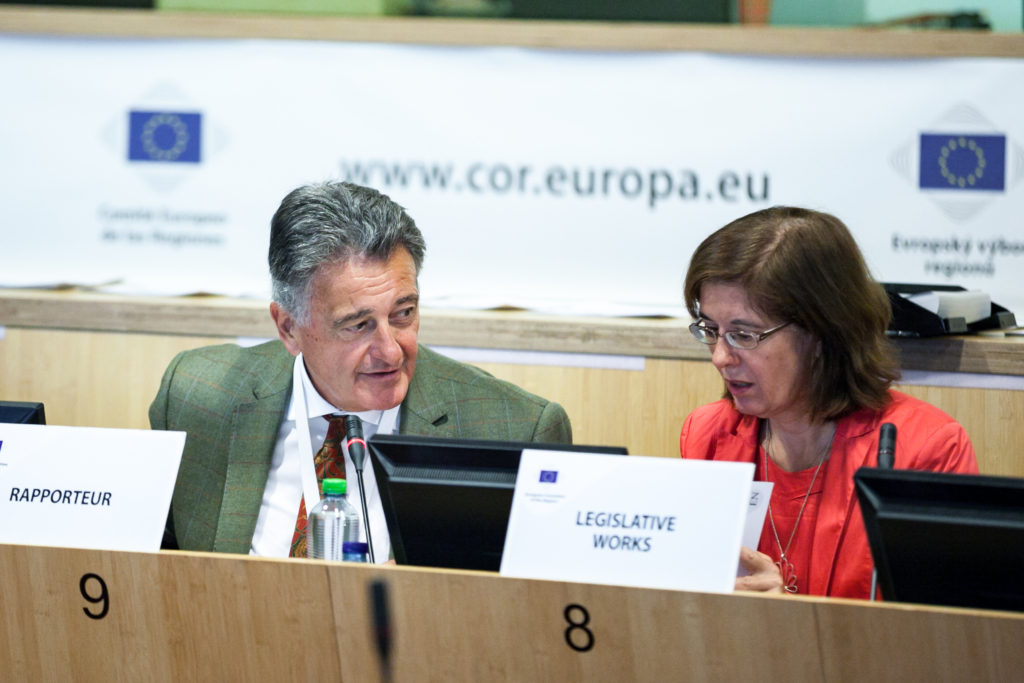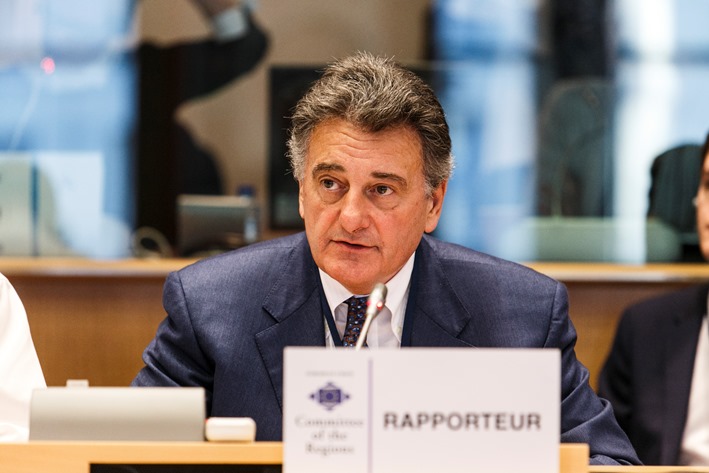Fair taxation of the Digital Economy
This article was published under the 2020-2025 European Committee of the Regions mandate.
Summary
ECON
3 December 2019
2018
Adopted on 6 December during CoR Plenary
May 2018
Appointment as rapporteur
Objective
The digital economy is playing an increasingly important role in the global economy. The taxation of profits or added value is still largely rooted in tax systems that are not designed for or applicable to the digital economy (e.g. tax is levied in the country where a company’s registered office is located, and not in the country in which it carries out its economic activities).
There are concerns that the digital economy will lead not only to a sharp fall in tax revenues, but also to a disparity in terms of the taxation of activities in the digital economy and the taxation of other economic activities. Some countries have already taken initiatives to tax digital business activities and more countries will follow suit in the future.
In order to prevent this creating a complex mishmash of different taxation models across Europe, the harmonization initiative would appear to be very useful. The challenge ahead is to seize all these digital opportunities to ensure Europe’s competitiveness, while ensuring fair taxation. Currently, companies with digital business models pay less than half the tax rate of businesses with traditional business models, with an effective average tax rate of 9.5% compared to 23.2%. This happens partly due to built-in incentives by governments for digital companies in order to support the growth of this future-oriented sector, partly due to the tax system which is based on the internationally agreed principle that profits should be taxed at the place of value creation. The tax rules are largely based on physical presence and were not designed to cope with business models driven primarily by intangible assets, data and knowledge.
Many countries believe that a new tax framework is needed to cover digital business models. As the solution must ultimately be a global one, the European Commission is working closely with the OECD to support the development of an international solution. However, progress at international level is slow because of the complexity of the problem. Consequently, in parallel to international discussions, the Commission is proposing solutions at EU level in order to give further impetus to international discussions.
Impact
2019
Jean-Luc Vanraes spoke at the conference of peripheral maritime regions’ (CPMR) political bureau in Brest, France.

2018
5 December
Mr. Vanraes, CoR Rapporteur on the Taxation of the Digital Economy, hails the adoption of two reports on the taxation of the digital economy in the P ECON committee. “The status quo in which some multinational digital companies do not pay their fair share of taxes will end if the two proposals of the European Commission on the taxation of the digital economy are adopted. I prefer a solution at the global level, but as the OECD progresses too slowly Europe needs to advance. So I urgently call on Member States to come up with a clear and straightforward solution”.
October
Discussion at the ECON Commission of the European Committee of the Regions, adopted in Commission.
Our member Jean-Luc Vanraes: The ultimate solution for taxation of the Digital Economy will be a global solution. We need to make sure however that EU member states don’t each come up with their own solution & at the same time provide the EU as a whole with a unified starting point in international discussions. Vanraes also warned about the lack of definitions:” we can’t tax a digital company without knowing what a digital company actually is. Likewise, we need to make sure

June
First presentation of report to the ECON Commission of the European Committee of the Regions.
May
Appointment of rapporteur

Jean-Luc VANRAES
Rapporteur
Additional documents
Media corner
A new tax framework is needed to cover #digital business models. Jean-Luc Vanraes calls for fair taxation of digital services and companies at #CoRPlenary @EU_CoR: https://t.co/MUPM6o1ZGn. #DigitalEconomy pic.twitter.com/0EDtoLIla9
— ALDE-CoR (@ALDE_CoR) 6 December 2018
The challenge is to seize all #digital opportunities to ensure Europe’s competitiveness, while ensuring fair taxation says Jean-Luc Vanraes at #CoRPlenary @EU_CoR: https://t.co/MUPM6o1ZGn. pic.twitter.com/HIiyx3Z9N9
— ALDE-CoR (@ALDE_CoR) 6 December 2018

